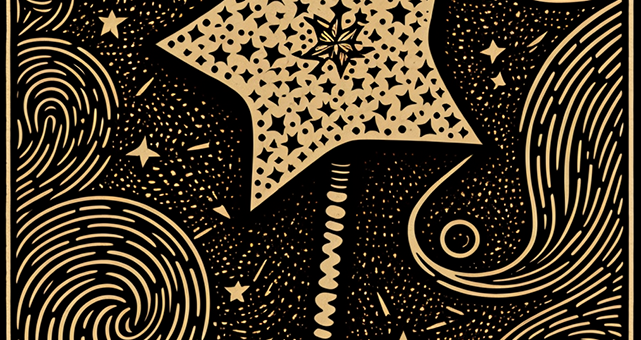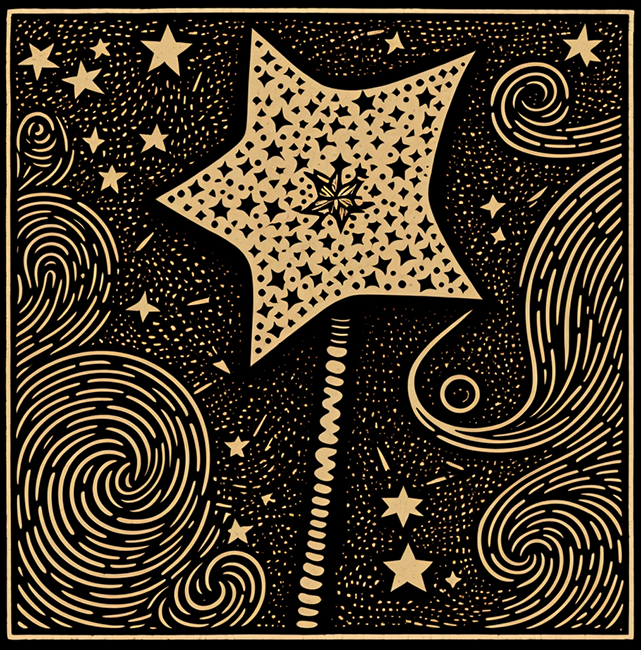
The phrase “hocus pocus” is famously associated with magic and illusion, often used by magicians before performing a trick.
However, its origin is somewhat mysterious, blending history, speculation, and folklore. There are several theories about where it came from and how it evolved to its current usage.
Ecclesiastical Mockery
One popular theory suggests that “hocus pocus” originated as a mockery of the Latin words used in the Catholic Mass, specifically the phrase “Hoc est enim corpus meum,” which translates to “This is my body.”
The theory goes that it was used by early magicians or jesters to mimic and mock the consecration of the Eucharist, turning something sacred into a form of entertainment.

Name of a Magician
Another theory is that “hocus pocus” was the stage name of a particular magician or conjurer who lived in the 17th century.
This magician was said to have used the phrase as part of his act, and over time, it became synonymous with magical acts in general.
The name “Hocus Pocus” itself might have been designed to sound like a magical incantation.
Norse Mythology
A less commonly cited theory connects the phrase to Norse mythology, suggesting that it derives from the name of a sorcerer or magical figure in Norse legend. However, this theory has less historical evidence supporting it compared to others.

Historical References
The term “hocus pocus” appears in English literature as early as the 17th century.
One of the earliest recorded uses is by John Tillotson, the Archbishop of Canterbury, who, in the late 1600s, criticized what he saw as the deceptive practices of the Roman Catholic Church by comparing them to common jugglers and their incantations, specifically “hocus pocus.”
Over time, the phrase transcended its possibly religious origins to become a staple in the language of magicians and illusionists, used to lend an air of mystery and magic to performances.
It is also used to describe something that is not what it appears to be or something done with trickery or deceit.

